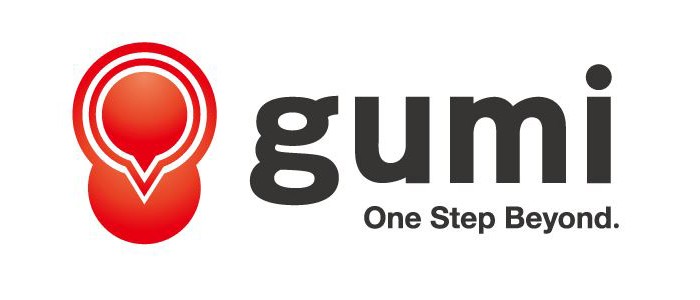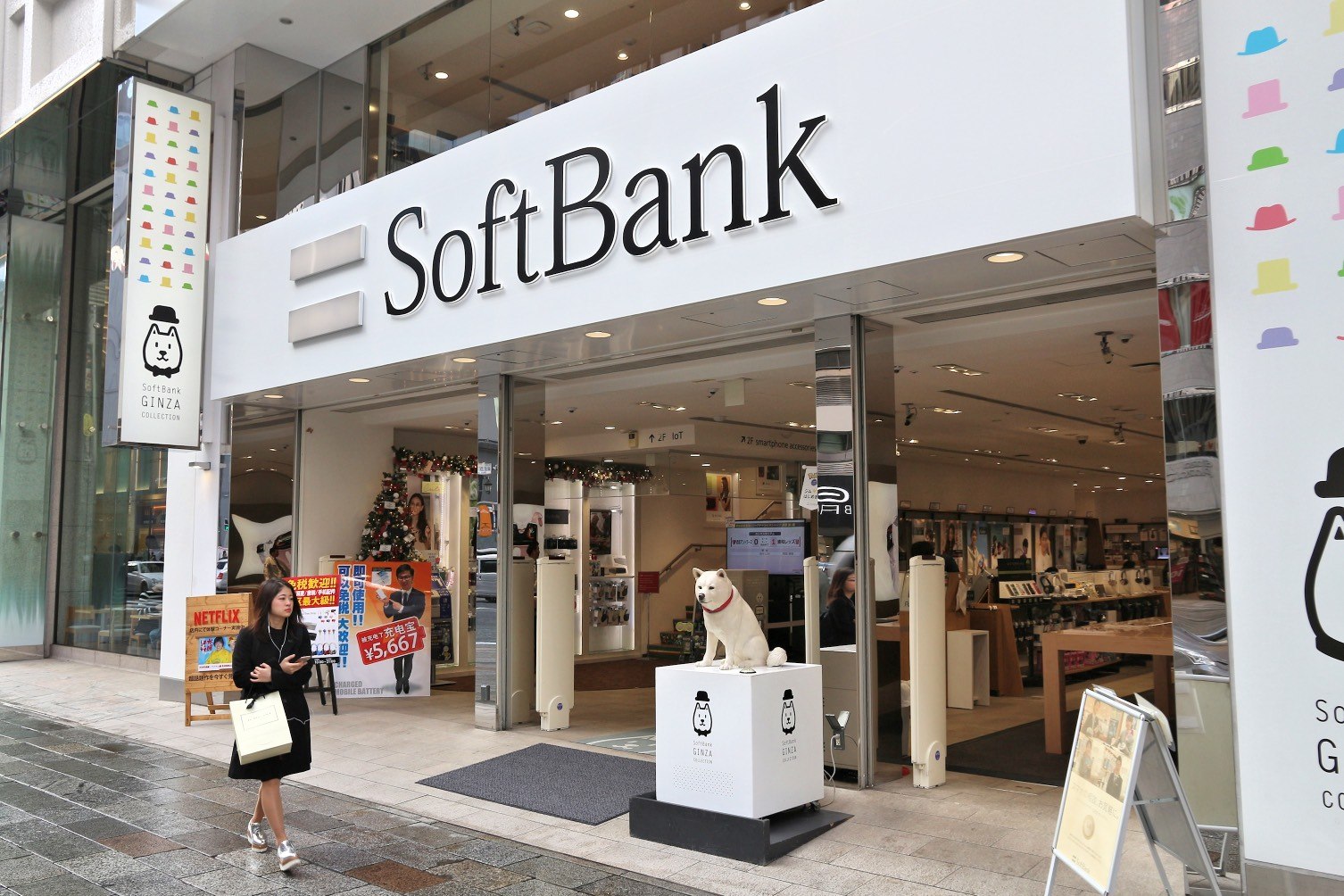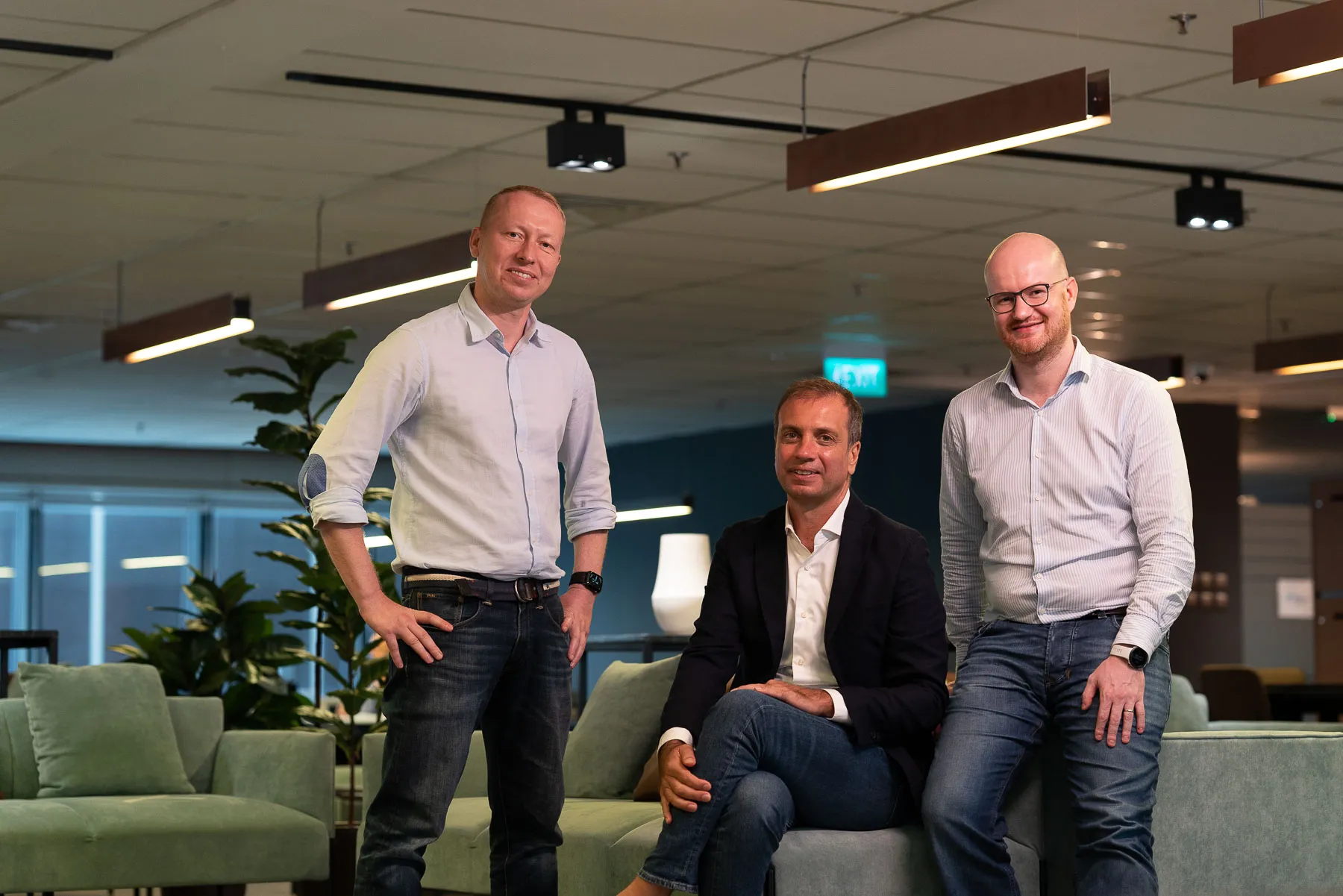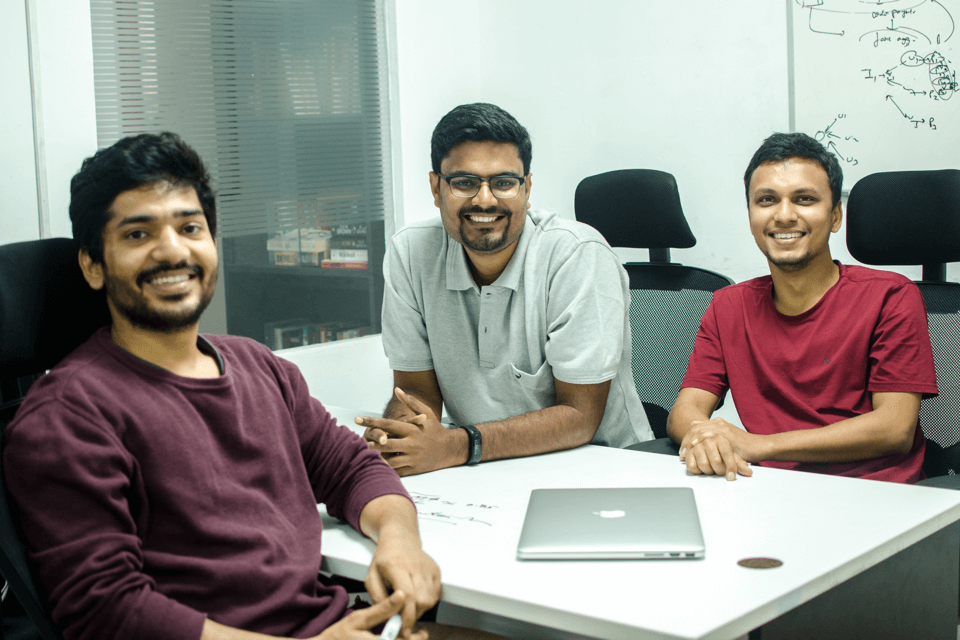IPO hangover? Gumi reveals its expected $10.6M profit will be a $5M loss

IPOs bring champagne showers – and increased financial oversight. Gumi, the gaming firm that had been left for dead but regrouped and surged to a nearly billion dollar IPO, is getting a first-hand lesson in the consequences of that oversight. The company announced today that is is revising its guidance for the fiscal year ending April 30. Instead of a JPY 1.27 billion (US$10.6 million) profit, the firm will face a JPY 600 million (US$5 million) loss.
The US$10.6 million would have been a crowning achievement for Gumi following a loss of JPY 160 million (US$1.33 million) for the previous fiscal year. Now, the company will have to face a chorus of questions about whether or not it can keep producing world-beating games or if its time in the sun has passed.
The company attributed the loss to three main reasons. First, lower than expected revenue coming in from the overseas version of its hit game Brave Frontier. Further, Gumi noted that it had not been able to orchestrate the international publishing of its games on the schedule it had initially proposed. Finally, aside from Brave Frontier, the firm’s other titles overseas did not grow as strongly as anticipated.
As a solution, Gumi is promising the following:
- Initiate new monetizing strategies for Brave Frontier in Japan, then export them overseas
-
For Phantom of Kill, the company expects the commercials that are running in this quarter will net many more users and increased revenue
-
For Dragon Genesis, the company will stand pat on its current model of relying on just core users to generate high revenue
-
For Sword Art Online Code Register, the company will look to Bandai Namco to devise further monetization plans. Bandai Namco is a partner of Gumi and responsible for the sales of the game
-
It will speed up the development of 18 native games that are waiting in the wings
-
Overseas, it will make a stronger cross-border publishing operation, strengthen relations with IP holders to prevent game delays, and release original titles
AD. Remove this ad space by registering for a free basic account. Enjoy an ad-free experience when you're logged in. -
Development fees will be slightly scaled back
-
Games will have to go through a more rigorous examination before they are approved for advertising fees. Gumi aims to have advertising fees be no more than 15 percent of gaming revenue
Finally, and most dramatically, Hironano Kunimitsu, the founder and CEO of Gumi will not receive a salary for the next six months. He is docking his own pay as a sign that he takes responsibility for the disappointing results.
What this means
This loss hurts. The narrative of a gaming company that lost its way, but rediscovered how to make great games that people love, was embraced by many in the Japanese entrepreneurial community. Kunimitsu’s frank and friendly personality won him many fans, and his personal stock rose when it was revealed that the IPO target price would put Gumi on the threshold of being Japan’s first unicorn in seven years.
Yet, even before this announcement, it wasn’t always sunny in Tokyo. Since its IPO last December, Gumi’s stock price has fallen 25 percent. That drop off might be seen as a market correction. After all, it pegged its IPO to a US$890 million market cap based on the expectation of US$10.6 million in profit. By comparison, DeNA expects US$207 million in operating income for the current fiscal year and currently has a US$1.82 billion market cap and Gree recorded US$144 million profit in its most recent fiscal year to sit at a US$1.43 billion market cap.
Now, Gumi must fight back to reclaim its lost ground. Away from the excitement of an impending IPO, Gumi’s value compared to DeNA and Gree is easier to analyze, but its current situation does not necessarily mean it is a lesser company. In the past two years, all three companies have dealt with the same tough gaming market, and it could be argued that Gumi has flown through the turbulence better.
Kunimitsu has thrown down a challenge that, in just six months, he can reach clear skies again. Japan’s startup community will be pulling for him to notch another victory. But predicting a mobile gaming company’s success rate is a lot like predicting the weather – you often don’t know the truth until it’s too late.
Recommended reads
 SoftBank’s Q3 net profit plummets 97%
SoftBank’s Q3 net profit plummets 97% GoTo’s Q4 losses narrow to $56m as adjusted EBITDA surges
GoTo’s Q4 losses narrow to $56m as adjusted EBITDA surges GIC to invest $50m in India-based beverages firm
GIC to invest $50m in India-based beverages firm Osome raises $17m series B extension months after mass layoffs
Osome raises $17m series B extension months after mass layoffs Korean jewelry ecommerce firm bags additional $6m in series B
Korean jewelry ecommerce firm bags additional $6m in series B Tiger Global-backed Porter becomes a unicorn following secondary share sale
Tiger Global-backed Porter becomes a unicorn following secondary share sale Ayala’s VC arm leads $7.5m round of SG procurement firm
Ayala’s VC arm leads $7.5m round of SG procurement firm 99 Group ‘exploring’ option to buy Vietnam’s Propzy
99 Group ‘exploring’ option to buy Vietnam’s Propzy SoftBank mulls Vision Fund 3
SoftBank mulls Vision Fund 3 SoftBank likely to axe 20% of Vision Fund staff
SoftBank likely to axe 20% of Vision Fund staff
Editing by Josh Horwitz and Paul Bischoff
(And yes, we’re serious about ethics and transparency. More information here.)








